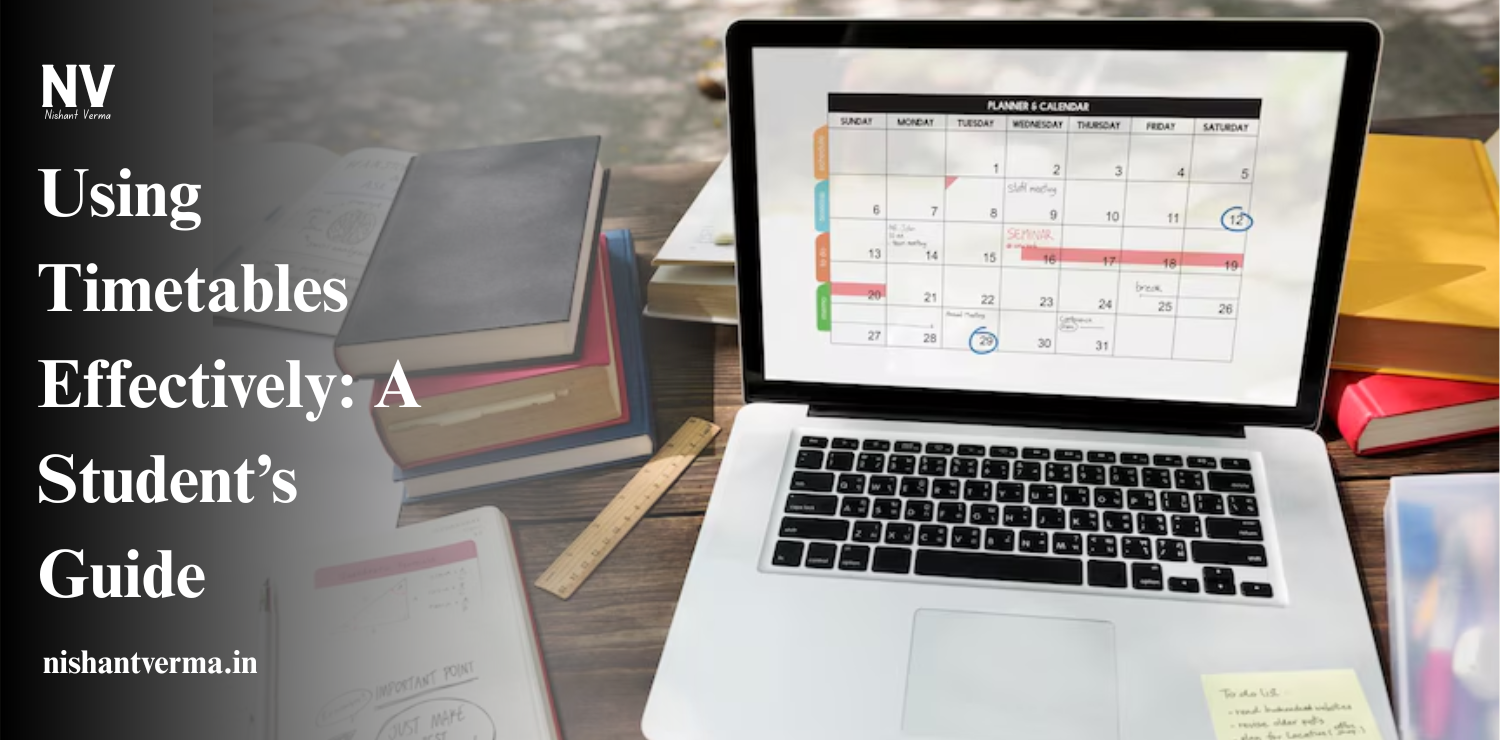In India, education is not just about learning—it is often seen as a path to success, respect, and financial stability. In this article, we’ll talk about what burnout is, how it affects Indian students, and most importantly, how to avoid burnout while still performing well in studies.
Parents, teachers, and even students themselves put a lot of pressure on academic performance. Whether it’s board exams, NEET, JEE, UPSC, or CA exams, the journey is long and stressful. In such an environment, burnout is becoming very common, especially among school and college students.
Burnout is a state where your mind and body feel extremely tired due to continuous pressure. You feel low, demotivated, irritated, and even physically weak. The sad part is that many students don’t even realize they are experiencing burnout until it’s too late.
Understanding What Burnout Really Means
Burnout is more than just feeling tired after a long day. It is a condition that builds up over time when students push themselves too hard without proper rest, fun, or emotional support. In India, students often spend long hours in school, then attend coaching classes, and later study late into the night. This continuous routine, without enough breaks or hobbies, leads to burnout.
Symptoms of burnout include constant tiredness, lack of interest in studies, difficulty concentrating, frequent headaches or body pain, and even feeling hopeless or depressed. If you find yourself asking “Why am I doing all this?” or feeling like “Nothing matters anymore,” you might be going through burnout.

Why Burnout is Common in Indian Students
There are many reasons why Indian students face burnout more than others. One of the main reasons is the academic pressure from schools, coaching institutes, and family expectations. In many Indian homes, students are expected to score above 90% or get a rank in top exams. This creates fear and stress, especially when students start comparing themselves with others.
Social media adds more pressure. Students see others claiming to study 12–14 hours a day, which makes them feel like they’re not doing enough. Also, the lack of physical activity, irregular sleep, poor eating habits, and no emotional outlet add fuel to the fire.
Many students are told to avoid distractions like games, music, or even rest. But the truth is, without balance, the human brain cannot perform its best. The result? Burnout, anxiety, and even serious health problems.
Simple Ways to Avoid Burnout in Your Daily Routine
Avoiding burnout is not about avoiding studies. It’s about managing your time, energy, and emotions better. Here are a few tips you can follow in your daily routine:
Sleep well: Most Indian students cut down on sleep during exams or regular study days. But sleeping at least 7-8 hours every night is not a waste of time—it actually improves memory and focus. Try going to bed and waking up at the same time every day.
Take regular breaks: Don’t study for long hours without rest. Study for 45-50 minutes and then take a 10-minute break. Go for a short walk, drink water, or just stretch. This keeps your mind fresh.
Eat healthy food: Junk food, oily snacks, and too much tea or coffee can make you feel more tired. Eat more fruits, home-cooked meals, and drink enough water.
Make time for fun: Watch your favorite show, listen to music, dance, paint, play cricket—anything that makes you happy. Even 30 minutes of fun daily can refresh your mood.
Talk to someone: Don’t keep all your stress inside. Talk to a friend, parent, teacher, or counselor. Expressing your thoughts helps reduce mental pressure.

Balancing Coaching, School, and Self-Study
Many Indian students attend school and coaching together, which takes up most of the day. The remaining time is used for homework, assignments, and self-study. In this tight schedule, burnout happens easily. To avoid it, you must plan wisely.
Use a weekly timetable instead of trying to plan every hour. Assign time blocks for each subject and keep space for revision and relaxation. Don’t try to study all subjects every day.
Prioritize your weak areas first. If you’re good in Physics but weak in Chemistry, give more time to Chemistry. This reduces stress because you’ll feel more prepared gradually.
Avoid studying late into the night every day. If possible, study in the early morning hours. Your brain is fresh, and the environment is quiet.
On weekends, don’t fill your timetable with only study. Give some time to rest and do something different. This refreshes your mind for the next week.
How Parents and Teachers Can Help
Burnout is not only the student’s responsibility. Parents and teachers play a big role in helping students stay mentally and physically healthy. Many times, parents unknowingly put extra pressure by asking about marks all the time or comparing their child with others.
Instead, parents should create a supportive atmosphere. Talk to your child daily—not just about studies, but about how they’re feeling. Encourage hobbies, family time, and proper rest. Praise their efforts, not just results.
Teachers can help by avoiding too much homework and keeping the classroom positive. Encourage open discussions, group activities, and give students time to ask questions. Recognize signs of stress and suggest counseling if needed.
In Indian schools and colleges, mental health support is still limited, but things are improving. Many institutions are hiring counselors or mental health experts. Students should not hesitate to take help when needed.

When to Seek Professional Help
If you are constantly feeling low, tired, confused, or unable to study even after trying hard, it might be time to talk to a mental health professional. There’s no shame in it. Just like you visit a doctor when you fall sick physically, mental health also needs care.
Signs that you may need help include:
- Feeling anxious or nervous all the time
- Not being able to sleep or eat properly
- Feeling hopeless or having negative thoughts
- Crying often or staying silent for long
- Thinking about giving up or harming yourself
In India, many NGOs and online platforms offer free or low-cost counseling. Some popular ones include iCall, YourDOST, and Fortis Mental Health. Schools and colleges are also slowly starting to include wellness programs.
Conclusion – Success Without Stress Is Possible
India’s education system may be demanding, but that doesn’t mean students have to suffer to succeed. Success is not just about marks or ranks—it’s about staying mentally, emotionally, and physically strong throughout your journey.
Burnout can affect anyone, but with the right balance of study, rest, and enjoyment, it can be avoided. Start small. Take care of your health, create a balanced routine, talk to your loved ones, and don’t be afraid to ask for help.
Remember, education is a part of life, not the whole of it. You don’t have to sacrifice your peace of mind to achieve your goals. Take care of yourself first—and the rest will follow.




